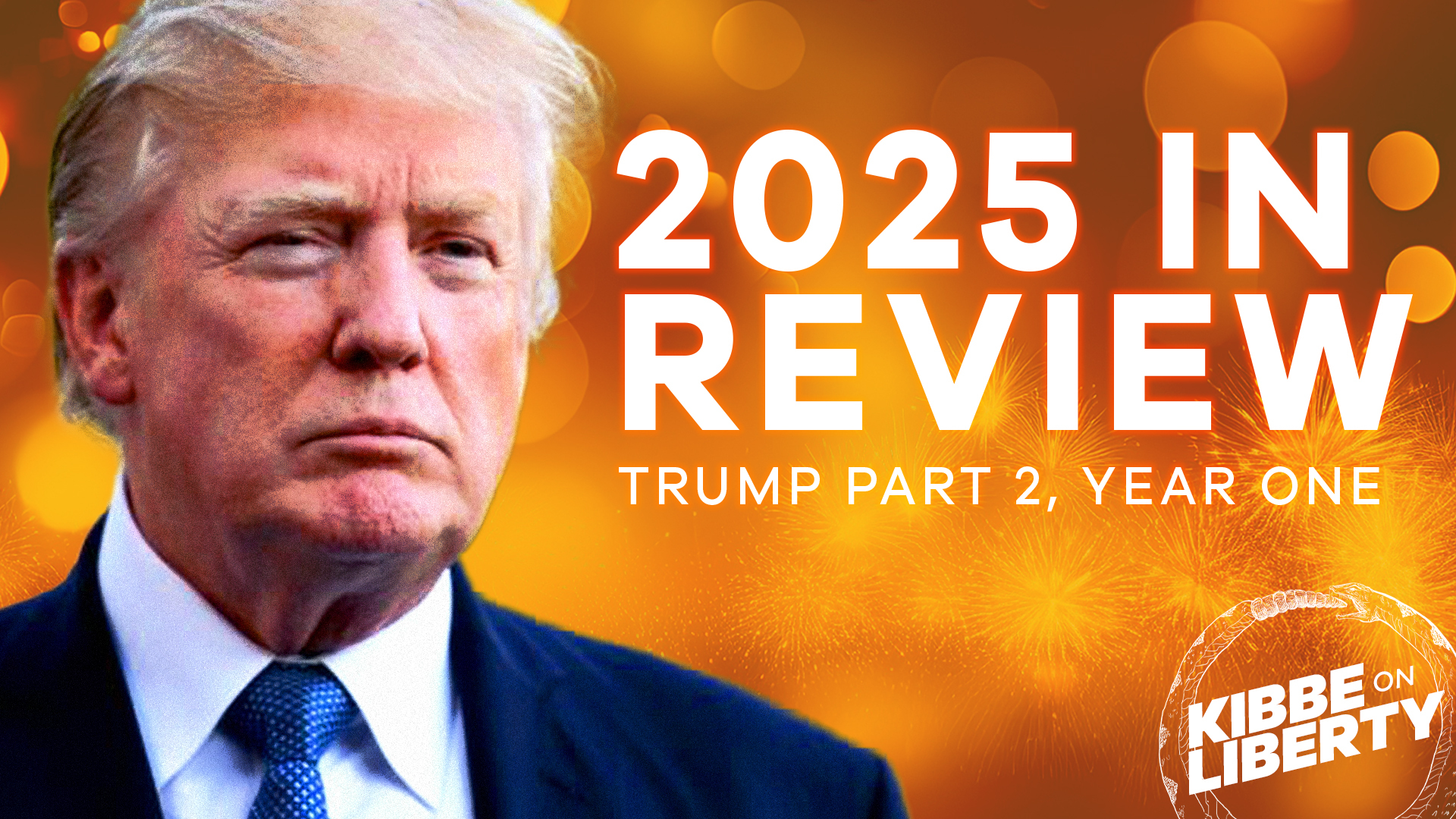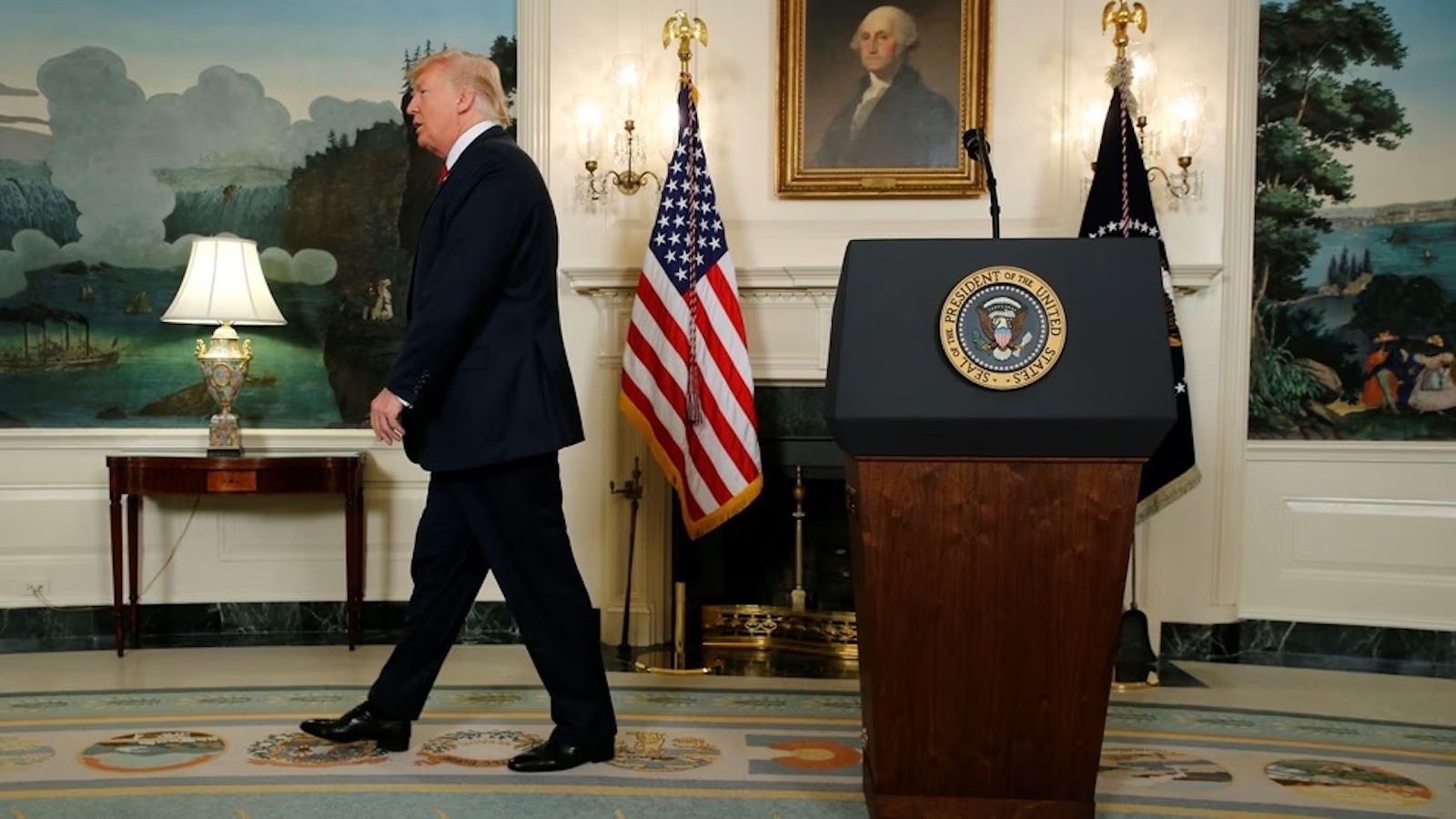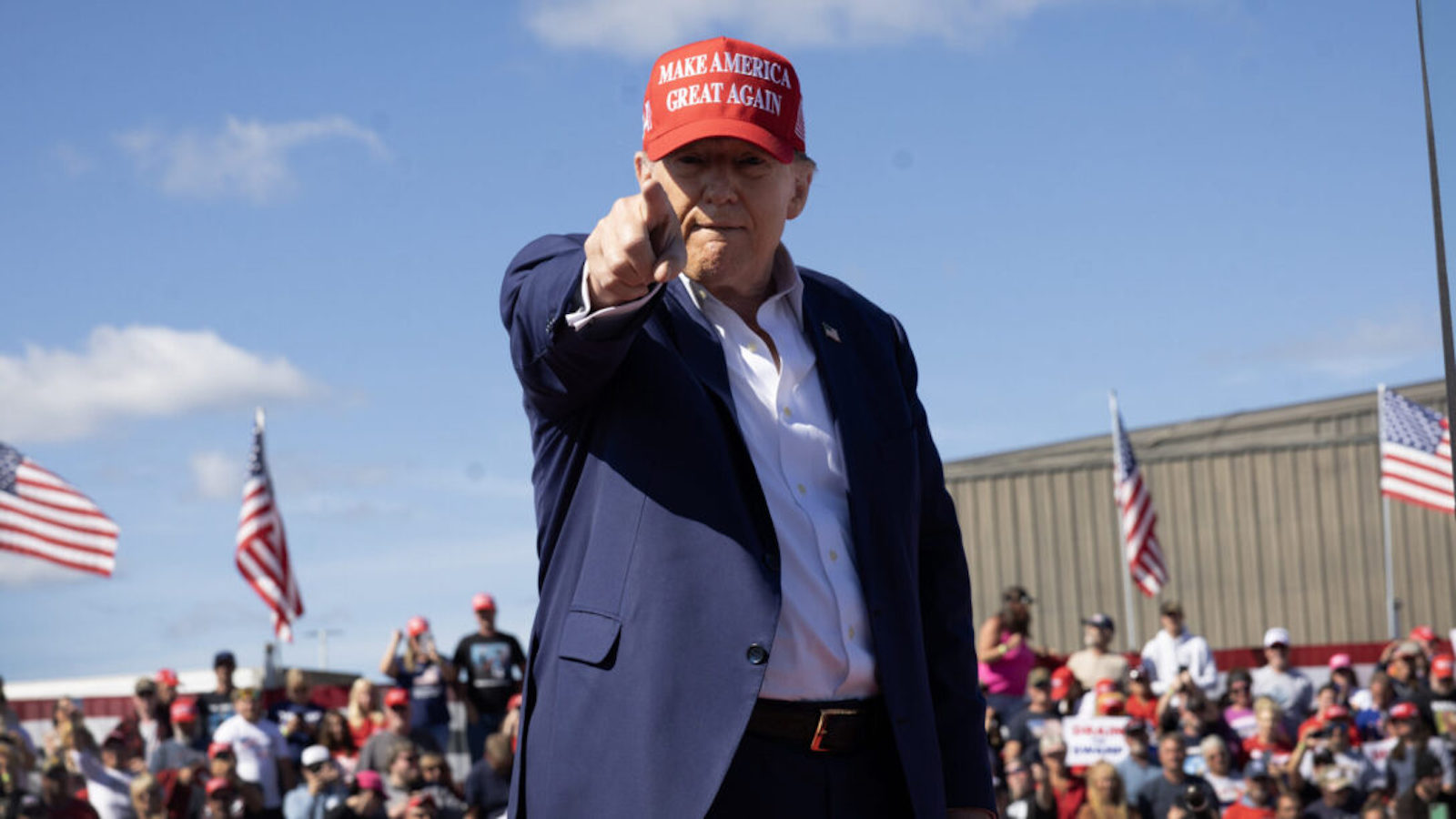
Well, That Was Normal
With Democrats prodded out to pasture like so many cud-chewing burros, election reviews, assessments, and autopsies are flowing in. Prestige newspapers are running the same question Hillary Clinton asked herself when she strainingly awoke from her Chard-coma sometime in December of 2016: what happened?
I know the inherent risk entailed in discerning a pattern within the zeitgeist. The “so-called” intellectual currents that buffet our senses, jerking about our epistemological faculties, are copyrighted by the Big Five Publishers. Only by purchasing the latest hardbound screed from, say, Jordan Peterson, Malcolm Caldwell, or, or even a posthumous Henry Kissinger, can we accurately judge the near-past. Otherwise you risk litigation, or worse, are relegated to an opinion column from which to opine—a prison of other bars.
So, fearing life inside the Penguin Random House gaol, where inmates are subjected to daily readings of Michelle Obama’s latest nose-upturner, I’ll let able scribblers like Alex Thompson and Edward-Isaac Dovere trickle out tea for the next few years over Joe Biden selfishly kamikazes his party’s presidential chances. The Georgetown spin class set needs something to talk about over Chardonnay spritzers.
But suss out the seismic implications of the election, in which a president fell prey to his own hair-plugged vanity, and where a felonious gasbag overcame every institutional hurdle to reclaim his scepter? Well, I’ll give it the old college try! (Or in MAGA parlance, the old college-dropout-to-vocational-school try.)
The million dollar question, or in pixie progressive Rachel Maddow’s case, the five million dollar cut query: What was the catalyst behind Donald Trump’s swing-state sweep? Moreover, how did the Don ditch the Republicans’ popular-vote losing streak, and grab the majority will by the, erm, mail slot?
New York Times columnist Ross Douthat believes Trump’s re-election represents more than just the latest swing in our steady pendulum politics. He views it as a watershed moment: the day the post-Cold War order died. *Somewhere in the shrubs of the Sanford foothills, Francis Fukuyama screams.* Douthat adumbrates the meaning behind the NTO (New Trump Order): “We are leaving behind a world where social liberalism is always at the vanguard, where the expansion of cultural individualism is assumed to be identical with human progress.”
It’s a substantial theory, one hefty in intellectual weight and considerate of history. Maybe one day, it will even prove true. Perhaps during the presidential race between Barron Trump and Naomi Biden in 2052, historians will acknowledge the era of happy-go-cargo globalization ended with Donald Trump’s descent on the political scene. Then we’ll, per ever-whirling capitalistic forces, be gifted with reams of The Vital Center emulations documenting the realignment, drafted by political scientists who probably donned pink pudendum hats after Trump’s first win.
Douthat’s polemic is for the great cataloguers of posterity. Though, most Americans, I reckon, didn’t pull the lever for Trump out of some horizon-gazing desire to accelerate toward whatever stage comes after cosmo-liberalism. Trump’s nativist appeal is the Hegelian antithesis to the left’s universalist niceties. But the workaday voter, who feels a sharp pinch every time he fills up his gas tank, or experiences a gathering dread as the cashier rings up her groceries, doesn’t care a whit about the owl of Minerva—unless Hooters is about to start serving inflation-proof wings.
Sohrab Ahmari’s distillation of the election is much more practical and closer to the mark. In “How Trump Won the War Over ‘Normal’,” Ahmari doesn’t scan the scalloped waterscape of our lapping philosophies to wax eloquent about our collective change of heart. He sticks to a simple binary: “The 2024 election was mainly about inflation and immigration. But it was also a contest over normal: what it is, who gets to define it, and how rapidly its parameters should shift.” James Carville can still sit greenly for telling interviewers elections are all about the economy. Yet Trump wasn’t just a supply-and-demand candidate. His campaign’s most effective ad highlighted his opponent’s support for taxpayer-funded sex changes for prisoners. It ended with the most clever bit of wordplay since “I Like Ike”: “Kamala’s For They/Them. President Trump is for you.”
In Ahmari’s “normal” paradigm, Americans have come to expect a smooth-running economy with modest prices, low interest rates, a soaring stock market, abundant supply, and a plump savings cushion. The Biden-Harris Administration was a turkey in that regard—and not just because the price of Butterballs jumped 20% two years ago. Remember the great gas scare of 2021?
A certain amount of recherché social causes can be tolerated in a happily humming economy. But pair the idea that your average Joe Tax Sap has to take out a mortgage with double digit interest and fork over his dough so some serial killer can lop off his carrot to be housed among murderesses? Or that he’s blowing a week’s paycheck on basketball gear for his high school daughter, who will only be mowed over by some dude who grew his hair out and switched sex teams because he couldn’t make the boys’ JV squad?
Nobody likes feeling fleeced, either at Walmart or by the IRS. But to feel pinched in both wallet and mind, to be told that jumpy grocery bills are normal, that taxpayers picking up the tab for bodily undercarriage replacements is normal, that unfiltered illegal entries at the border are normal, that upending the entire democratic primary process to de-nominate a sitting president and anoint a closeted booze hound as democracy’s savioress is normal?
Voters may not be able to carefully articulate what seems wrong about the liberal vision of a borderless, sexless, costless world. But they registered their concern under the shrouds of the voting booth. The wisdom of repugnance won out over épater les bourgeois.
In politics, visceral reaction is a normal response.
Free the People publishes opinion-based articles from contributing writers. The opinions and ideas expressed do not always reflect the opinions and ideas that Free the People endorses. We believe in free speech, and in providing a platform for open dialogue. Feel free to leave a comment.



